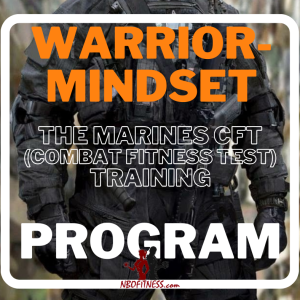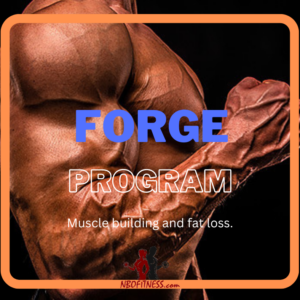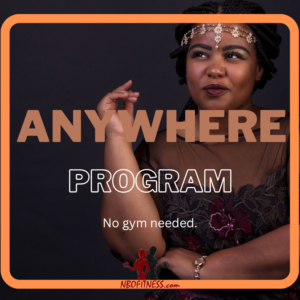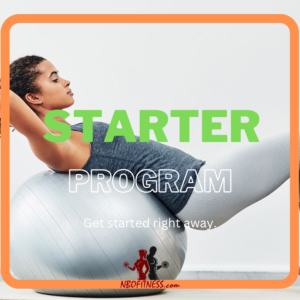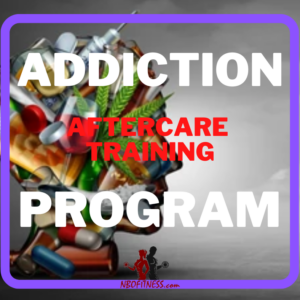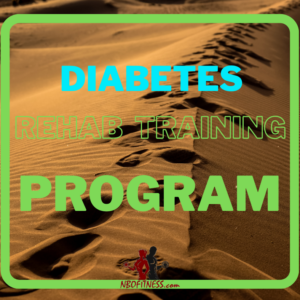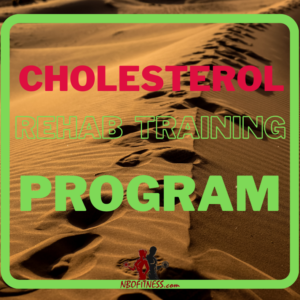
Cardiac arrest is a sudden and life-threatening condition that occurs when the heart suddenly stops beating, leading to a cessation of blood flow to the body’s vital organs. Cardiac arrest occurs when the heart’s electrical system malfunctions, causing an irregular heartbeat (arrhythmia) that prevents the heart from pumping blood effectively. Obesity is a significant risk factor for cardiac arrest, as excess body weight can contribute to the development of various cardiovascular risk factors, including hypertension, dyslipidemia, diabetes, and obstructive sleep apnea. Additionally, obesity is associated with structural changes in the heart, such as left ventricular hypertrophy and dilated cardiomyopathy, which can increase the risk of arrhythmias and sudden cardiac arrest.
Reviewed by Evans Mwaniki, PT
Introduction
Cardiac arrest is a sudden and life-threatening condition that occurs when the heart suddenly stops beating, leading to a cessation of blood flow to the body’s vital organs. It is a medical emergency that requires immediate intervention to improve survival rates. At Nairobi Fitness Consulting, we are dedicated to raising awareness about cardiac arrest and providing individuals with the tools and resources to prevent its onset through personalized exercise programs, nutritional counseling, and psychological support.
What is Cardiac Arrest?
Cardiac arrest occurs when the heart’s electrical system malfunctions, causing an irregular heartbeat (arrhythmia) that prevents the heart from pumping blood effectively. Without prompt intervention, cardiac arrest can lead to loss of consciousness, cessation of breathing, and ultimately death within minutes.
Signs and Symptoms
The signs and symptoms of cardiac arrest can vary depending on the underlying cause and individual factors. Common signs may include:
- Sudden loss of consciousness or fainting
- Absence of pulse or breathing
- Gasping for breath or irregular breathing
- Sudden collapse
- Unresponsiveness
- Bluish skin or lips
If you suspect someone is experiencing cardiac arrest, it is crucial to call emergency medical services (EMS) immediately and begin cardiopulmonary resuscitation (CPR) until help arrives.
Treatment Options
Immediate treatment is essential in improving the chances of survival for individuals experiencing cardiac arrest. Treatment options may include:
- Cardiopulmonary resuscitation (CPR): CPR involves a combination of chest compressions and rescue breaths to help maintain blood flow and oxygenation to the body’s vital organs until advanced medical care can be provided.
- Defibrillation: Defibrillation involves delivering an electric shock to the heart to restore normal heart rhythm. Automated external defibrillators (AEDs) are often used in public settings to quickly diagnose and treat cardiac arrest.
- Advanced life support: Advanced medical interventions, such as medications, intubation, and intravenous fluids, may be administered by trained healthcare professionals to stabilize the individual and support cardiovascular function.
The Role of Obesity in Cardiac Arrest
Obesity is a significant risk factor for cardiac arrest, as excess body weight can contribute to the development of various cardiovascular risk factors, including hypertension, dyslipidemia, diabetes, and obstructive sleep apnea. Additionally, obesity is associated with structural changes in the heart, such as left ventricular hypertrophy and dilated cardiomyopathy, which can increase the risk of arrhythmias and sudden cardiac arrest.
Prevention Strategies
Preventing cardiac arrest involves addressing modifiable risk factors such as obesity through lifestyle modifications. At Nairobi Fitness Consulting, we offer a comprehensive approach to preventing cardiac arrest and improving heart health. Here’s how we can help:
- Personalized exercise programs: Our physiotherapists can design medically tailored exercise programs to help individuals improve cardiovascular fitness, lower blood pressure, and manage weight. Regular monitored physical activity is essential in reducing the risk of obesity-related cardiovascular complications and improving overall heart health.
- Nutritional counseling: Our nutritionists can provide guidance on adopting a heart-healthy diet that supports weight management, lowers cholesterol levels, and reduces inflammation. They can offer practical tips for incorporating nutrient-dense foods into the diet and reducing consumption of processed foods and added sugars.
- Psychological support: Coping with the challenges of obesity and cardiovascular disease can be stressful. Our psychologists offer counseling and support to help individuals overcome barriers to behavior change, set realistic goals, and stay motivated on their journey to better heart health.
Conclusion
Cardiac arrest is a life-threatening condition that requires immediate intervention to improve survival rates. By addressing modifiable risk factors such as obesity through lifestyle modifications, individuals can reduce their risk of cardiac arrest and improve their overall heart health. At Nairobi Fitness Consulting, we are committed to empowering individuals to take control of their health and prevent cardiac arrest through personalized exercise programs, nutritional counseling, and psychological support. If you or someone you know is concerned about cardiac arrest or cardiovascular health, don’t hesitate to reach out to us today for personalized care and support.
Our concierge (at home) team of medical personnel, physiotherapists, nutritionists and psychologists, allow you to participate in personalized therapeutic exercises, nutrition and psychological counseling sessions from the comfort of your own home at the time of your choosing, making it convenient for you and your family. Feel free to email us at [email protected] or call us via +254-725-251930 to book an appointment with us at Nairobi Fitness Consulting for your curated and guided prescription and start living your best life.

